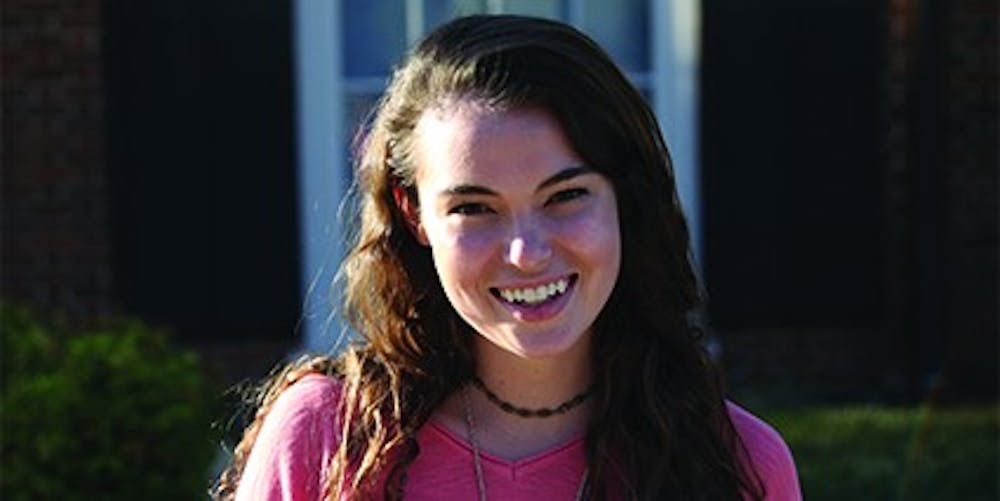“The price of freedom.”
I don’t know about you, but when I hear a phrase like that, I think of our military. The powerful idea of some kind of transactional price for my freedom evokes respect for veterans and mourning for conflict.
But another incarnation of that idea — that there’s a cost to freedom — has been lingering with me lately, taking form in my mind.
For a whole year now, I’ve watched a presidential candidate who is, by all appearances, wholly dangerous, reckless and untrue rise to prominence in American politics. This candidate’s very appeal is his promise that “I am your voice.” He promises to “take care” of voters — so long as you fit his mold of a patriot.
While watching, I’ve joined camps with, likely, a lot of you. I’ve tried to make sense of it all. Flipping through thinkpieces and jumping from conversations with Uber drivers in D.C. to newsrooms to internship bosses, I’ve been searching for some key point or justification. And I’ve been trying to understand what is really being expressed in this candidate and this trend.
I honestly haven’t found a satisfactory answer.
But I’ve identified one unexplored premise that people in all arguments, on all sides, truly seem to take for granted: that every single American unequivocally desires freedom.
This is an unlikely, unpopular premise to explore. After all, our government is grounded in every person’s right to this liberty; it exists to preserve and fight for our equality and our rights. Isn’t it blasphemy to question whether we all want this precious good?
I agree that it’s pretty close to democratic blasphemy, but I believe it is not. Despite the acceptance of democratic institutions around the world, we see nations that have held tightly to their right to vote, but whose citizens go ahead and vote for authoritarian-leaning leaders. This contributes to the theories on the rise of “illiberal democracy.”



